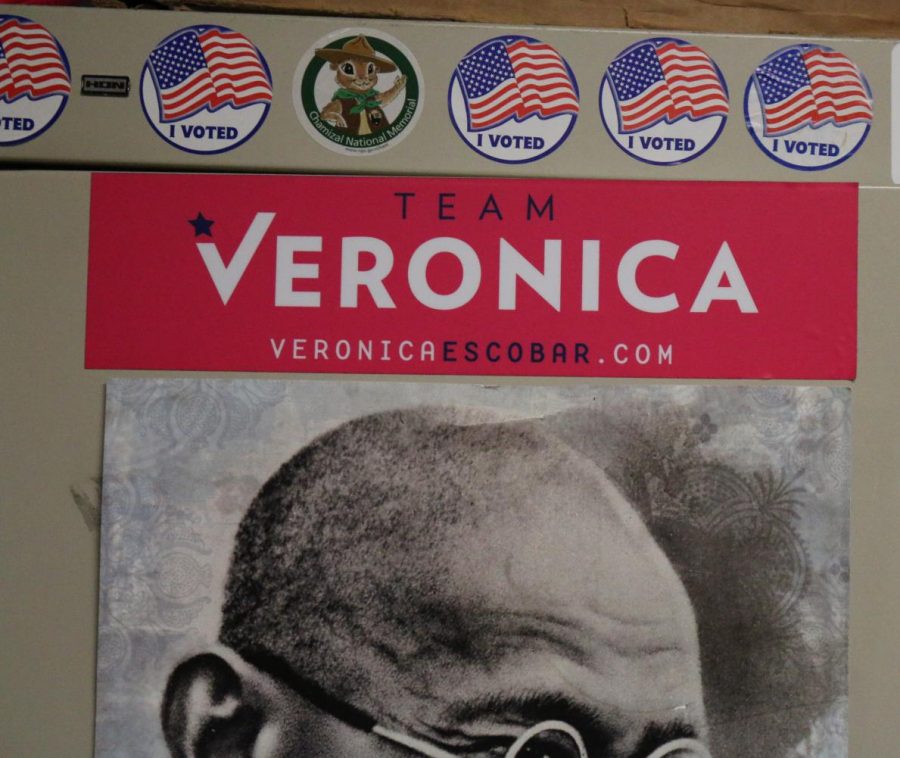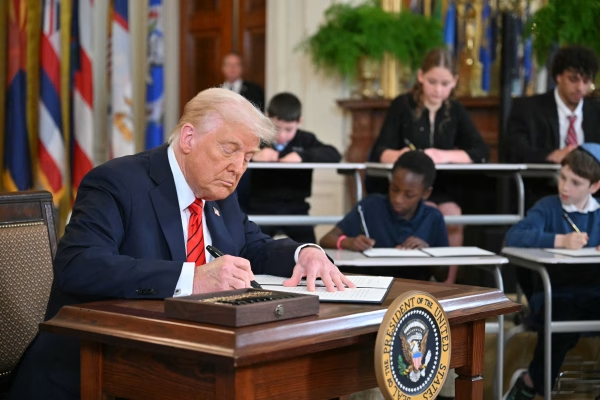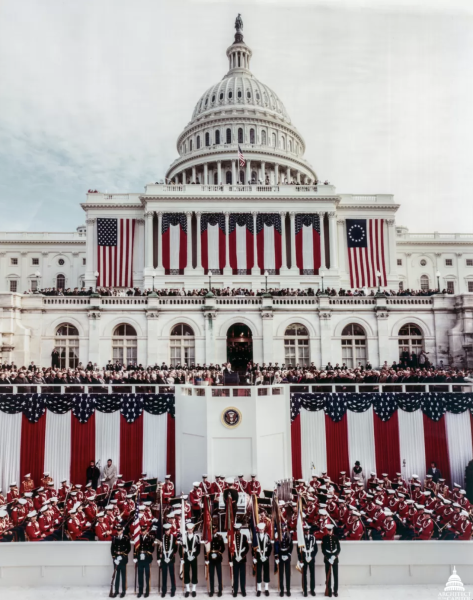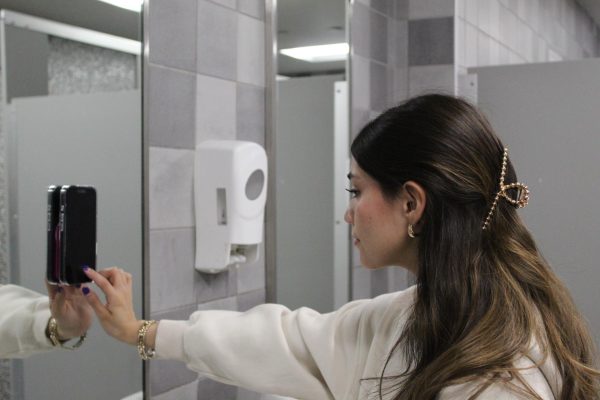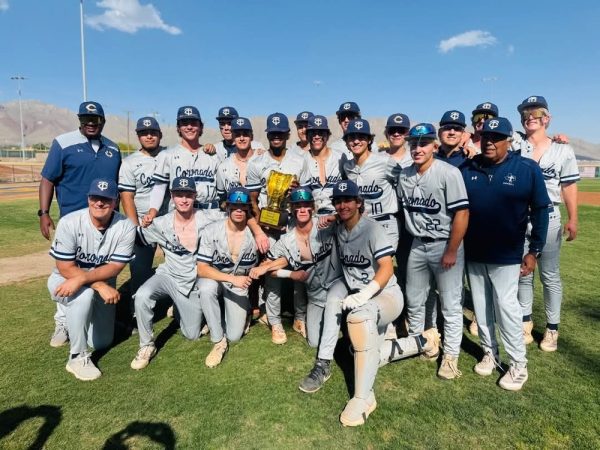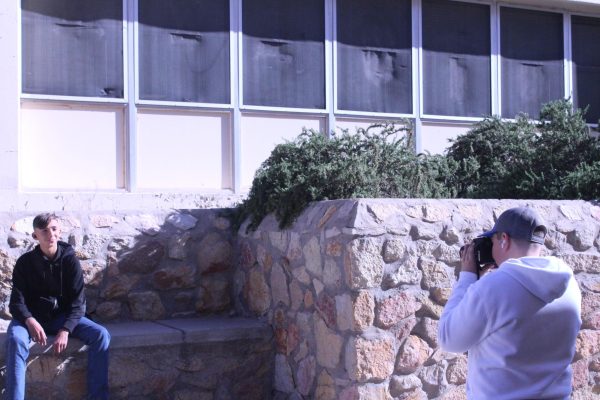Never stop exploring: First Amendment rights in the classroom
Editor’s note: This story was written in early spring and would have been published in the print issue “Never stop exploring.”
The First Amendment is something that all Americans know; it is their assurance that they can practice their desired religion or express what they wish to say as long as it is not a danger to others. As stated in the Bill of Rights, “Congress shall make no law respecting an establishment of religion or prohibiting the free exercise thereof; or abridging the freedom of speech, or of the press; or the right of the people peaceably to assemble, and to petition the Government for a redress of grievances.”
Freedom of speech works a little bit differently in public schools, as seen in the 1988 Supreme Court case Hazelwood School District v. Kuhlmeier, where the president of the school deleted two articles of the school newspaper that he believed to be inappropriate. The court declared that this action did not infringe on students’ First Amendment rights. Schools can decide to censor speech they deem not in alignment with their values.
This does not mean students are stripped completely of their free speech rights, just that their rights are subject to specifications. A student’s speech cannot interrupt class or pose a danger to other students. But where is the line drawn for free speech in a discussion of politics in the classroom? What happens if a student feels uncomfortable voicing their opinion because of their teacher’s views? In a government or social studies class, a discussion of politics is usually guided by what a teacher tells the students. This may or may not include a teacher’s personal views. There is a very hazy view as to when a discussion of politics is appropriate in class – and when it is not.
Some students believe it is acceptable in the right setting and it has relevance to the lesson.
“I don’t see why there would be a problem with it as long as it’s not a class where you should be doing algebra instead of debating about society, but if it’s in a civics or government class, it is not a problem,” senior Liam Crowley said.
Other students may feel differently, as some may think there is no place for politics in class and that the classroom should be a place strictly for learning the assigned curriculum.
“Politics should not be discussed in the classroom, as there may be disagreements, and some teachers may not treat you fairly because of it,” senior Eli Summer said.
A poll recently conducted by Forbes measured how comfortable students felt in the classroom talking about politics. The poll was placed on a scale from 1 to 5, 5 being most comfortable and 1 being the least. 64% of students answered a 4 or 5, while 14% answered a 1 or 2. 22% answered with a 3, meaning “indecisive.”
People have – and always will have – differences of opinion over politics. To some, the classroom may not be the place to debate it, but discussing these topics in a class setting can also be a way to see all points of view on a certain issue and become aware of the differences between them.

Carlos Miranda is a senior who is new to newspaper, his favorite part of newspaper reporting what happens in the world around us and relaying it to the...



